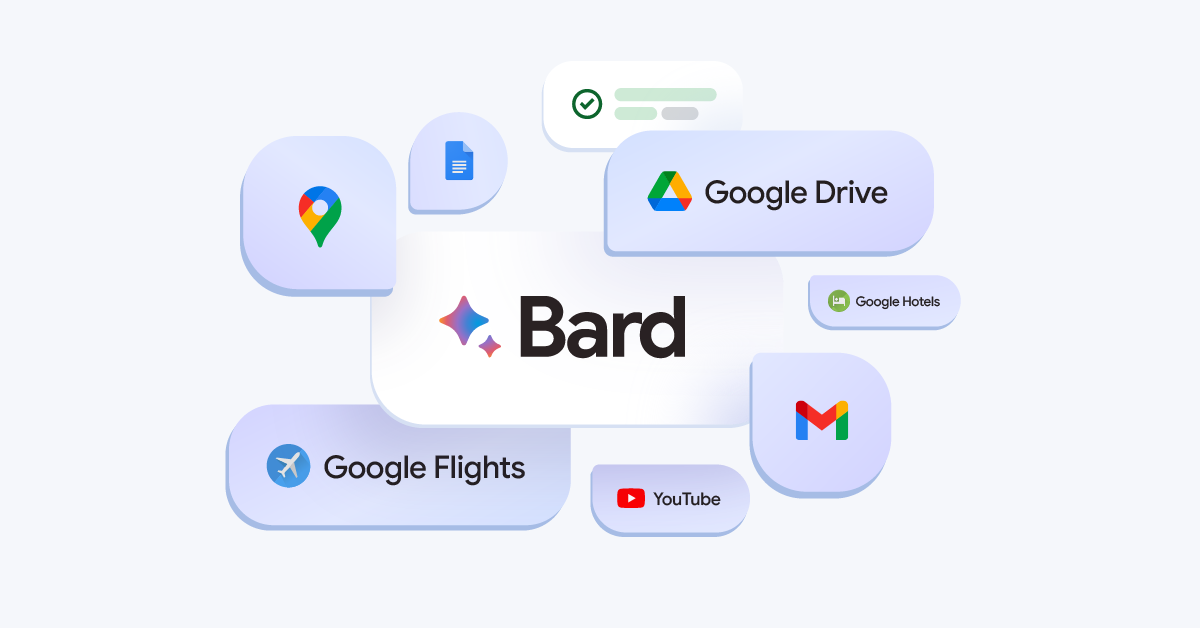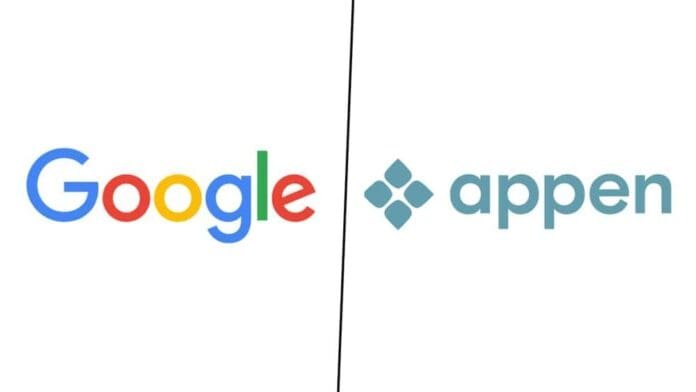Google has severed ties with Appen, an Australian data firm that trained its big language model AI capabilities utilized in Bard, Search, and other Google products, even though competition to create generative AI tools is heating up. A considerable portion of Appen’s income comes from its collaboration with Google. A Google representative, Courtenay Mencini, explained that the company is currently working to assess and improve the efficiency of its vendor operations, which includes ending the contract. Appen informed that it “had no prior knowledge of Google’s decision to terminate the contract” in a filing with the Australian Securities Exchange.

Employees at Appen and similar organizations deal with the less appealing aspects of AI training and are frequently the unsung heroes of the sector. Contractors at Appen contribute to the evaluation of data quality and AI model responses. Last year, Fast Company reported that many Alphabet Workers Union members working at Appen had been requesting a $15/hour raise from the company. Wage increases were secured by the union, although they needed to be more to meet their objective. After that, Appen laid off many people, saying that business conditions were to blame.

According to CNBC, Appen has also assisted Amazon, Microsoft, and Meta with training their AI models. In its ASX report, the company stated that its revenue has been significantly impacted by its cooperation with Google. Google contributed $82.8 million to Appen’s bottom line in FY 2023. Its 2017 earnings were $273 million.
To ensure the changeover is “as smooth as possible,” Mencini said that Google is collaborating closely with Appen. Another Google contractor, Accenture, had its employees join the Alphabet Workers Union in November of last year after they refused to process “obscene, graphic, and offensive prompts” for the unreleased Bard chatbot.
This isn’t only a problem for Google, either. In a lawsuit filed against Sama and its customer Meta, content moderators employed by the data-labeling firm in Kenya it was claimed that Meta was paying individuals $2.20 per hour to watch videos and photographs that were unpleasant.




